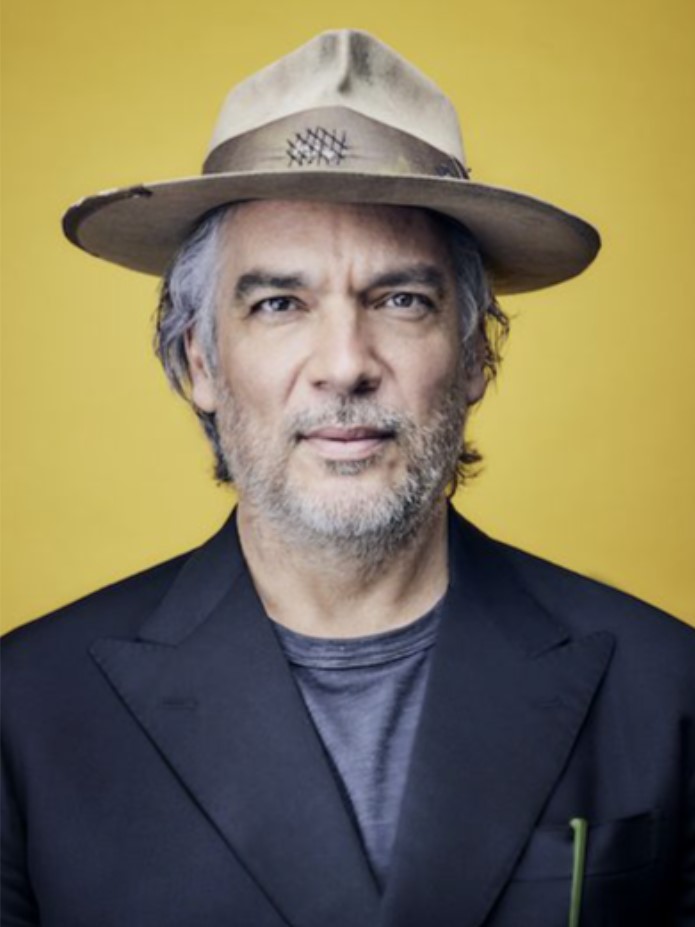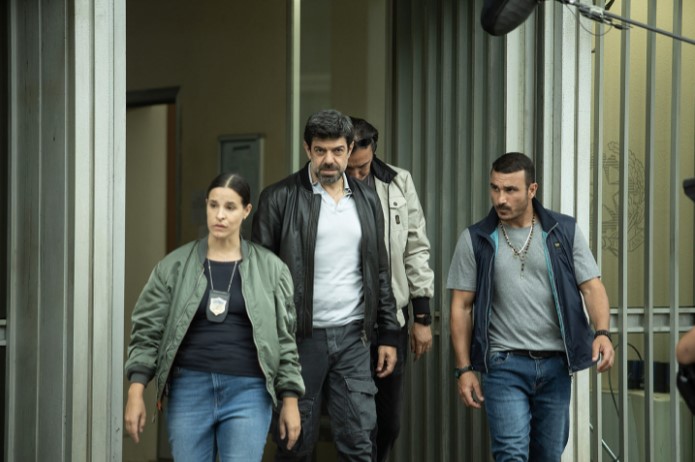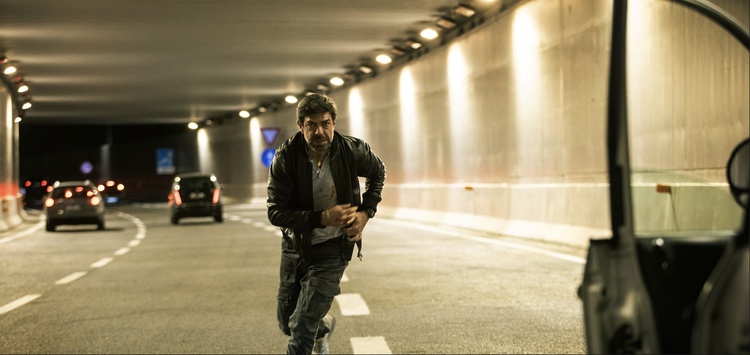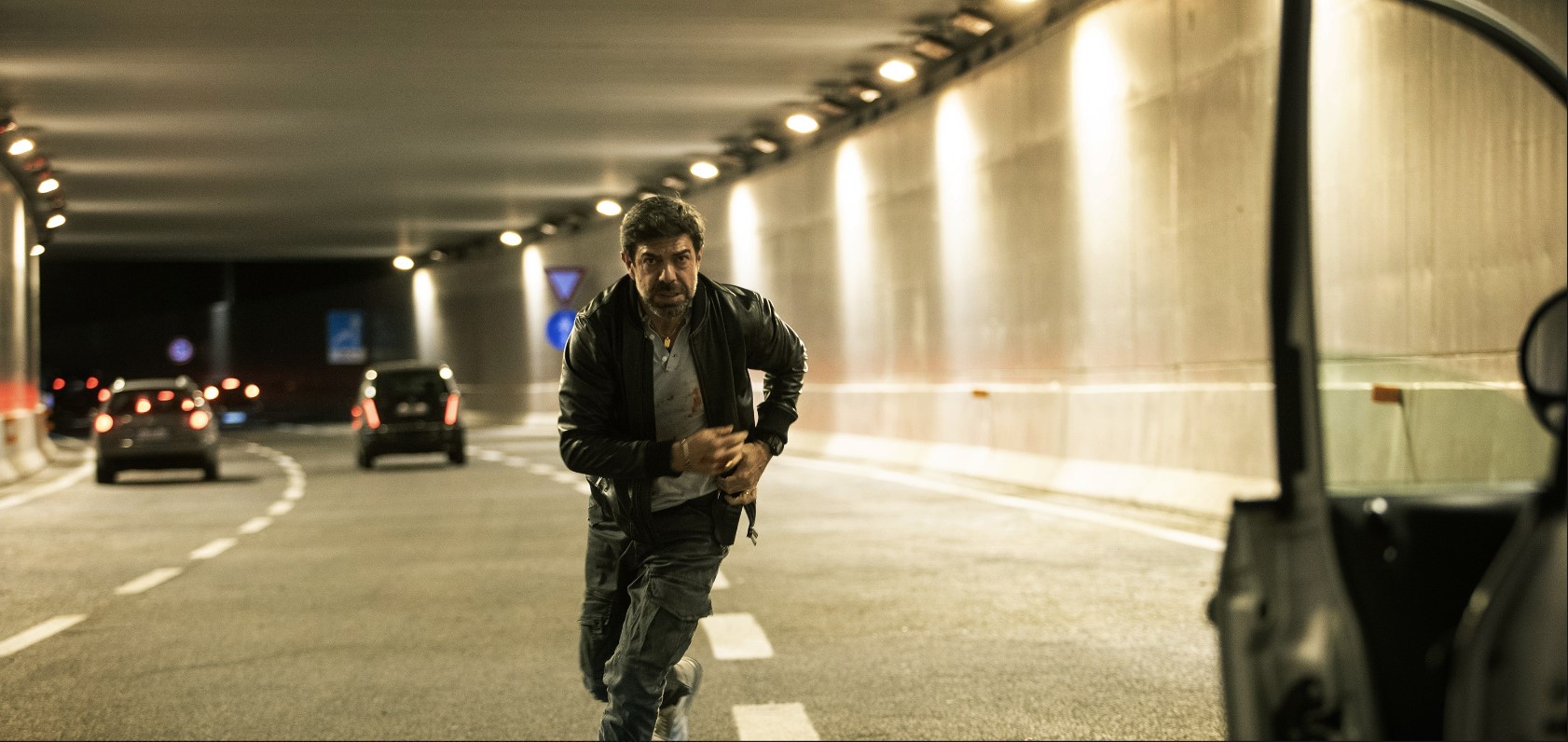The doors are already wide open and the projectors ready with their usual buzzing. With films straight from Italy, Palace Cinemas brings us the magic of the seventh art, accompanied by the ritual of popcorn and the evocative darkness of a movie theatre.
Timeless classics that have cemented love stories, new screenings ready to unite generations of grandparents and grandchildren: the eclectic 2023 edition will take Australian viewers on an exciting journey, starting September 21 in Melbourne, September 20 in Adelaide and September 28 in Perth.
From the inaccessible secrets of the Vatican, with the historical drama Rapito (Kidnapped) by Marco Bellocchio, to the Tuscan fairytale of La Chimera by Alice Rohrwacher; from the white of the Alps in Le otto montagne (The Eight Mountains), starring Luca Marinelli and Alessandro Borghi, to Puglia in black and white with Ti mangio il cuore (Burning Hearts), up to a special retrospective on the unforgettable Neapolitan artist Massimo Troisi with Laggiù qualcuno mi ama (Somebody Down There Likes Me) by Mario Martone.
There will also be the screening of ten Italian short films – scheduled to take place in all major Australian cities across two Sundays, September 17 and 24, organised by the Italian Cultural Institutes of Melbourne and Sydney in collaboration with the National Short Film Centre of Turin.
It will be the fast-paced and elegant thriller by director and screenwriter Andrea Di Stefano that will open the new edition of the ST. ALi Italian Film Festival, L’ultima notte di Amore (The Last Night of Amore).
An extraordinary Pierfrancesco Favino plays Franco Amore, an honest police lieutenant who, in thirty-five years of honourable service, has never shot anyone and suddenly finds himself lost in a web of crime and corruption on the eve of his retirement. So begins the longest and most demanding night of his life, and all that matters will be safeguarding his deep love for his wife Viviana, the memory of his colleague Dino and his role as a servant of the state, not to mention his own life.
After two films with an international flavour (Escobar starring Benicio del Toro and The Informer starring Rosamund Pike and Clive Owen), Andrea Di Stefano has turned his gaze back to Italy, hiring the most talented Italian actor and pairing him with a surprising Linda Caridi - a femme whose resoluteness acts as a counterpoint to her husband’s supposed weakness.
The director used Milan to film his third movie, a noir that unfolds through a masterful narrative, using time to compress events.
“It’s a story like a religious parable, a warning to those who betray their own nature to chase the illusion of a better life,” Di Stefano told me during our video interview, directly from his home in Paris.
“Moral shortcuts are not for everyone, and Franco Amore is simply not designed for such adventures.”

Director and actor Andrea Di Stefano
It was an almost cathartic writing process for the director, who felt he had in some way also recounted the figure of his father.
“A man who worked for the state all his life and realised late in life that he had given too much and received too little,” he continued.
“Like the protagonist, my father always had the ambition to be a hard worker. He was an engineer, an honest person, yet he never felt rewarded. In fact, I wrote the film with a lot of pathos, moving me.
“The sacrifices, the defeated retirement, the bureaucracy that often rewards cunning; these are familiar themes to me, a déjà-vu from my past when I listened to my father’s painful complaints.”
L’ultima notte di Amore also shows us the Lombard capital in a new light as the ‘ndrangheta mixes with Chinese organised crime, giving us nighttime images that create suspense and a daylight that never seems to arrive.
“During the research period I talked to a lot of police officers and they all told me how Milan has unique dynamics,” he shared.
“In order to do business, criminal groups from different backgrounds come together in a way that does not happen in other parts of Italy.”
“It is a city that gave me the opportunity to tell the positive and the negative. The glittering Milan, the sporting events, the fashion, but also the Milan by night, the underworld.”
In the film being shown at the ST. ALi Italian Film Festival, it is not only Favino, who for the director “is perhaps the greatest actor in the world on the contemporary scene”, that impresses, but also Antonio Gerardi, a renowned Italian character actor of recent years along with Linda Caridi, “a real discovery” who starts at the margins of the story and takes centre stage.
“I came back to Italy and worked with great artists. In some ways, we are organised casinari,” said the director.
“There is no industry, there are no stereotypes, we are all prototypes and everyone has their own methodology.
“Moreover, I fully agree with what Favino said at the current Venice Film Festival. We are tired of seeing American films that tell, without any respect, about our great Italian creatives – Ferrari, Gucci, to mention a few.
“Characters with ridiculous accents and behaviours, who shout, gesticulate and are atrocious macchiette (caricatures).
“Frankly, it’s exhausting,” Di Stefano continued, “That stuff does not tell the story of Italy, it rather shows the distorted idea that directors and producers have of our country when they come on holiday to Capri.
“We would never allow ourselves to make a film about George Washington and hire an Italian cast.”
“As a director working abroad, I submitted scripts and was stopped, just before shooting two films, by people who looked at me outraged because I had had the audacity to want to tell them about their culture while they make meatballs and fritto misto of us.
“They demand it of others, but the time has come for Italy to apply the same rules.”

Another scene from ‘The last night of Amore’
With L’ultima notte di Amore (The Last Night of Amore), the director keeps the tension high until the last shot in a way that takes us back to the narrative dynamics of the noir and detective genre, leaving us with a powerful open ending.
“Once you leave the theatre, I hope the ending will inspire viewers to continue talking about the film,” Andrea Di Stefano adds.
“I am thrilled that the film has come to Australia, I would love to come one day. For the time being, I’ll keep writing.
“I can’t stop thinking of new stories to tell.”












